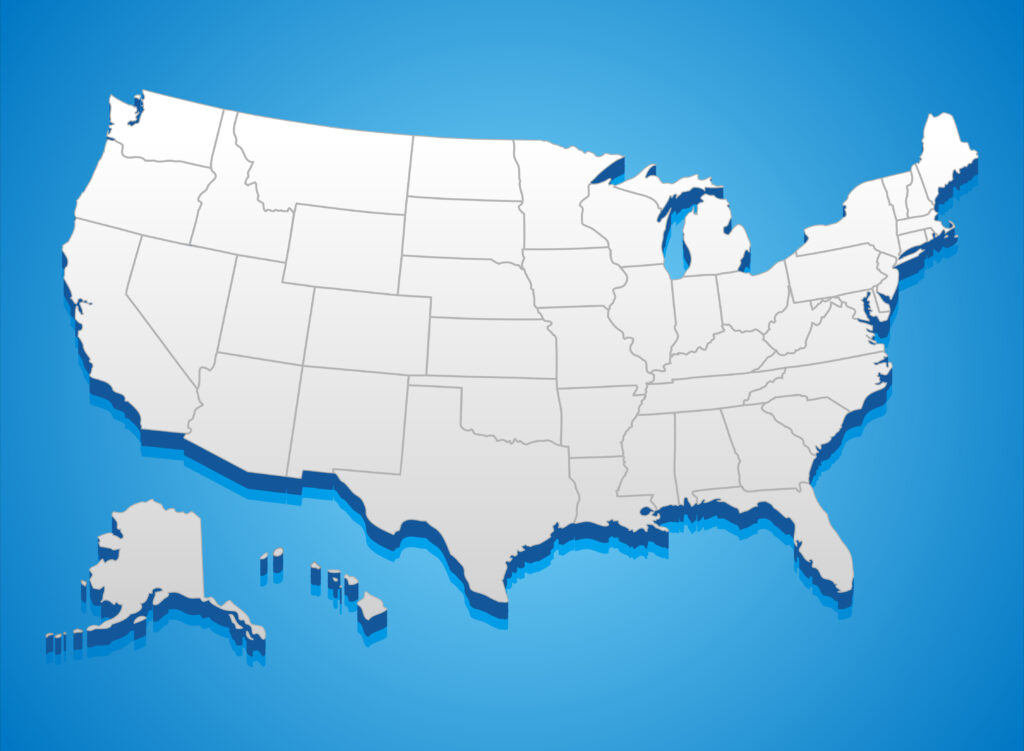Abortion Industry Cites Outdated Science, Flawed Analysis in Dobbs Late Abortion Case

Babies Can Experience Pain Prior to 15 Weeks,
Majority of European Countries Limit Abortion No Later Than 15 Weeks
Washington, D.C. – Using outdated research and flawed analysis, the abortion industry today ignored both modern science and basic legal facts while asking America’s highest court to overturn Mississippi’s 15-week limit on late abortions.
In filing their response brief in Dobbs v. Jackson Women’s Health Organization, the abortion industry attempted to argue that “conscious awareness, including the experience of pain, is possible before viability is even less supportable today than it was at the time of Casey” (page 32-33), citing a Royal College of Obstetricians and Gynaecologists report, Fetal Awareness: Review of Research and Recommendations for Practice (March 2010) co-authored by Dr. Stuart Derbyshire, who had previously argued against the existence of fetal pain since 1994.
However, in response to a growing body of scientific evidence, Dr. Derbyshire last year changed his long-held position and published an article in BMJ’s Journal of Medical Ethics postulating fetal pain experience “from as early as 12 weeks.”
According to a recent Charlotte Lozier Institute (CLI) analysis of the most up-to-date science on fetal pain:
“For decades, most neuroscientists have operated by the axiom of ‘cortical necessity.’ This is the idea that a cerebral cortex – the thin, convoluted, outer layer of the brain that activates between 24 and 30 weeks’ gestation – is required to perceive pain.
“There has long been evidence to the contrary. But accumulating studies, especially two from 2016, strongly imply that cortical necessity is incorrect: evidence shows subcortical (lower) brain structures that develop much earlier than 24 to 30 weeks are sufficient for pain perception.”
The abortion industry response brief also claims that “the overwhelming global legal trend is towards liberalization of abortion access” (page 22). However, a recent CLI analysis of European law found that 47 out of 50 European nations limit elective abortion prior to 15 weeks, making Mississippi’s contested law mainstream in comparison. Additional CLI research shows that the United States is one of only a small handful of nations, including China and North Korea, to allow elective abortion after 20 weeks of pregnancy – more than halfway through pregnancy and a point by which modern science shows the unborn child can feel pain.
CLI President Charles A. “Chuck” Donovan said:
“Today the abortion industry asked the Supreme Court to join them in ignoring the science. The abortion industry so desperately wants to deny that unborn babies can feel pain, presumably to salve their conscience about dismembering a fellow human being. Yet modern science clearly demonstrates that unborn babies can experience pain as early as 12 weeks.
“By 15 weeks, an unborn baby’s heart has already beat nearly 16 million times. The baby can already respond to taste. If something touches the palm of the unborn baby’s hand, the little boy or little girl will bend their fingers as if to grasp the object.
“Follow the science. An unborn baby at 15 weeks’ gestation is already an amazingly complex human being who deserves the same human rights as you and I.”
To help the public, members of the media, and policymakers follow the science, CLI recently released 15 Facts at 15 Weeks, a new report from neuroscientist and CLI Associate Scholar Dr. Katrina Furth highlighting 15 amazing scientific facts about unborn babies at 15 weeks’ gestation.
RESOURCES:
- 15 Facts at 15 Weeks
- The ACOG Should Reconsider Fetal Pain
- Mississippi’s 15-Week Gestational Limit on Abortion is Mainstream Compared to European Laws
Charlotte Lozier Institute was launched in 2011 as the education and research arm of Susan B. Anthony List. CLI is a hub for research and public policy analysis on some of the most pressing issues facing the United States and nations around the world. The Institute is named for a feminist physician known for her commitment to the sanctity of human life and equal career and educational opportunities for women.
###



























